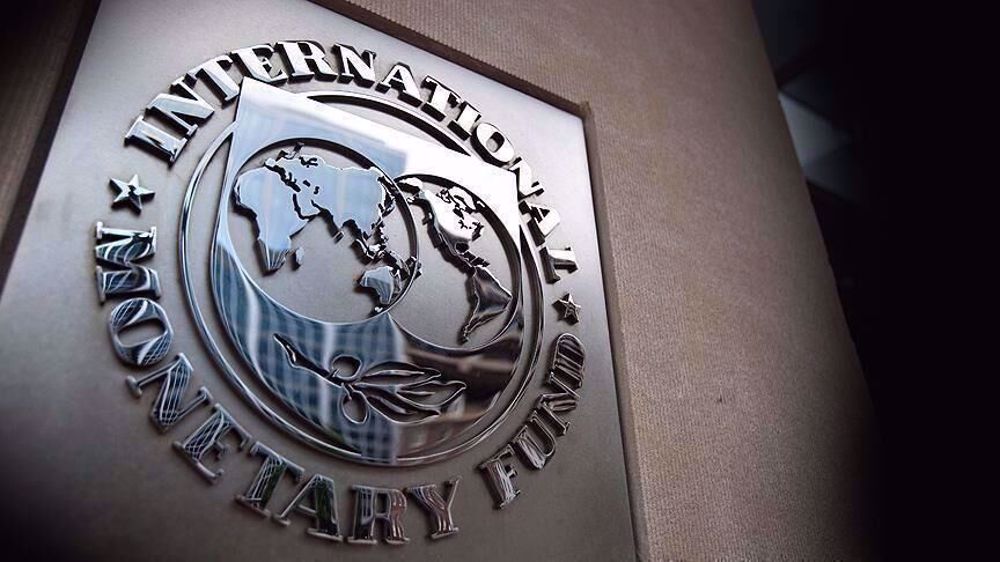Swedish central bank says will stick to pro-growth monetary policy
The central bank of Sweden, Riksbank, has announced that it will keep its key rates in the negative zone and is ready to further lower them while the country’s economic growth outlook remains shaky.
Through an announcement on Tuesday, the Riksbank kept its key rate unchanged at -0.35 percent, citing Sweden’s economic performance, which has been somewhat stronger than expected despite some global uncertainty, as the reason behind its decision, AFP reported.
"There has been an upward trend in inflation since last year, but it is not yet on a firm footing. To safeguard the resilience of the upturn in inflation, monetary policy needs to remain very expansionary," the Riksbank said in its statement.
According to analysts, the bank has been trying to rekindle the country’s inflation since it stalled at the end of 2012, and has kept the repo rate in negative territory since February in a bid to encourage spending.
Meanwhile, the Executive Board of the Riksbank has noted that it is "highly prepared" to make monetary policy even more expansionary.
"The very expansionary policy of the Riksbank contributes to the good pace of economic growth, lower unemployment and the revival of inflation," the bank said in its statement.
According to the statement, the bank’s historically low rate has contributed to the country’s economic growth, while keeping unemployment low at a time that an upward inflation trend is maintained.
At present, the main economic indicators of Sweden, which is not a member of the eurozone, are almost all in the green zone. At the same time, year-on-year growth in the gross domestic product (GDP) has reached 3.9 percent in the third quarter driven by exports, household consumption and public spending.
Unemployment in Sweden stood at 7.2 percent in October and year-on-year consumer prices rose 0.1 percent in November.
The sharp increase in the number of asylum seekers coming to Sweden has been mentioned as a reason, which may lead to an increase in public expenditure that will likely contribute to higher GDP growth and lower unemployment in the coming years.
French police arrest man after threatening to detonate himself at Iran consulate
Yemenis, Jordanians reiterate support for Palestinians in Gaza
Iranians rally nationwide in support of Operation True Promise
Raeisi: Operation True Promise ‘a necessary response’ to Israel
OIC slams US for blocking Palestine’s bid for full UN membership
US police arrest 108 pro-Palestine protesters at Columbia University
Top commander names four 'historic achievements' of Operation True Promise
VIDEO | Iranian attack and crisis of entity










 This makes it easy to access the Press TV website
This makes it easy to access the Press TV website